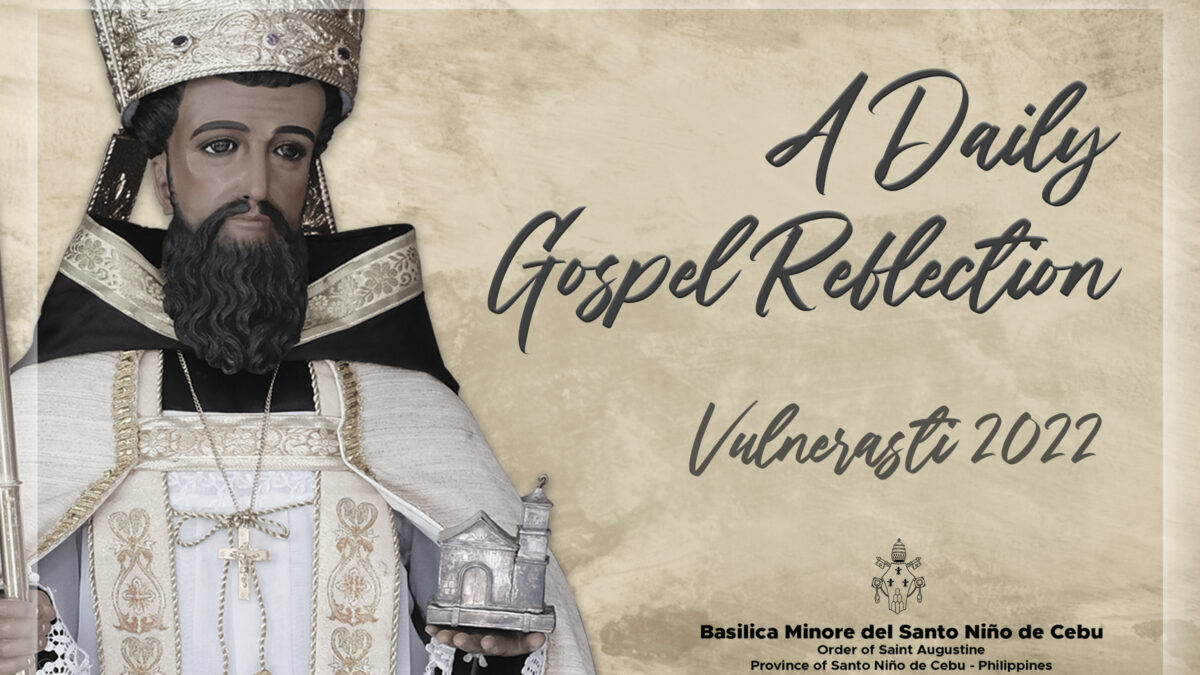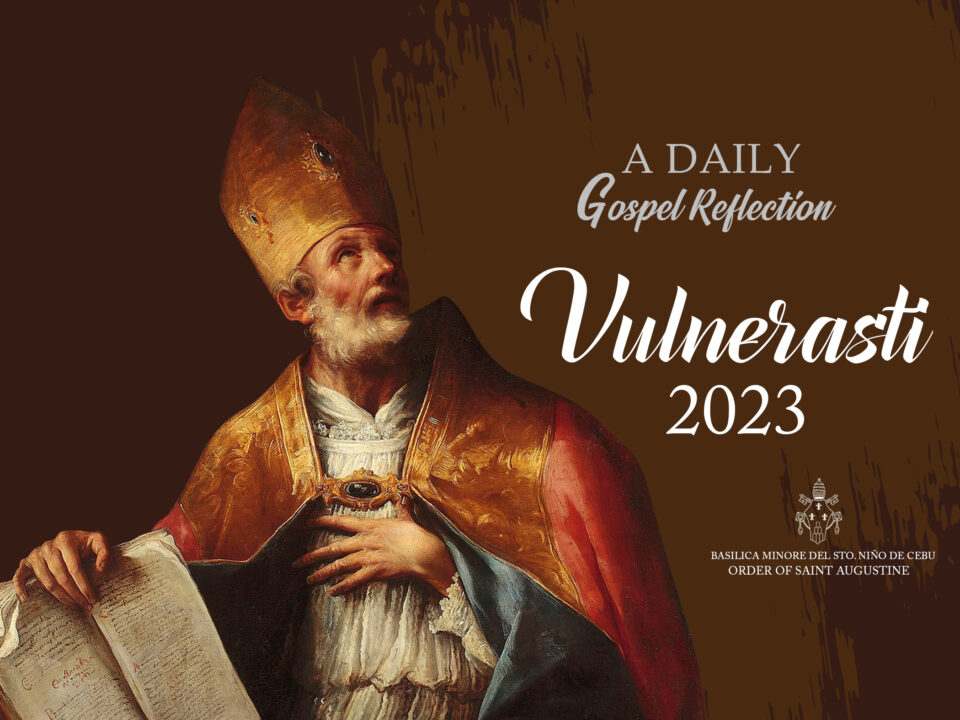Second Sunday of Advent

Today’s Reflection
Gospel: Mt 3:1-12
December 4, 2022 | Sunday
In the course of time, John the Baptist appeared in the desert of Judea and began to proclaim his message: “Change your ways; the kingdom of heaven is at hand!” It was about him that the prophet Isaiah had spoken when he said: A voice is shouting in the desert, ‘Prepare a way for the Lord; make his paths straight!’
John had a leather garment around his waist and wore a cloak of camel’s hair; his food was locusts and wild honey. People came to him from Jerusalem, from all Judea and from the whole Jordan valley, and they were baptized by him in the Jordan, as they con fessed their sins.
When he saw several Pharisees and Sadducees coming to where he baptized, he said to them, “Brood of vipers! Who told you that you could escape the punishment that is to come? Let it be seen that you are serious in your conversion; and do not think: We have Abraham for our father. I tell you, that God can raise children for Abraham from these stones! The ax is already laid to the roots of the trees; any tree that does not produce good fruit will be cut down and thrown in the fire.
I baptize you in water for a change of heart, but the one who is coming after me is more powerful than I am; indeed, I am not worthy to carry his sandals. He will baptize you with the Holy Spirit and fire. He has the winnowing fan in his hand; and he will clear out his threshing floor. He will gather his wheat into the barn; but the chaff, he will burn in inextinguishable fire.”
Today’s Reflection:
Matthew regards John the Baptist as the fulfilment of the prophecy in Isaiah: “The voice of the one crying out in the wilderness: “Prepare the way of the Lord….’” (Mt 3:3 NRSV).
Interestingly, the verse in Isaiah to which the evangelist refers reads: “A voice cries out: “In the wilderness prepare the way of the LORD….” (Is 40:3 NRSV).
Both readings are acceptable since the Greek and the Hebrew versions of Isaiah 40:3 may be punctuated in two ways as done above. The text in Isaiah 40:3 which is based on the Hebrew version, however, is worth our focus in this reflection—simply because it is lesser known compared to the reading in the Gospel.
What then is the significance of John the Baptist’s exhortation: “In the wilderness prepare the way of the LORD”? Let me attempt an answer by delving into two noteworthy points on the Baptist’s exhortation.
Firstly, preparing the way of the Lord for John entails repentance (μετάνοια; Mt 3:8, 11). Herein we must note that repentance is more than feeling sorry for past sins. It rather entails a radical turning away from our sinful ways, our various forms of addictions, our disordered attachments which keep us from becoming fully happy and fulfilled in life.
Secondly, John instructs us to go to the wilderness in order that we may truly repent. Which in turn makes us ask what could he have meant by “the wilderness”. The term in question could somehow signify the human heart, in particular the heart in the Hebraic sense captured by the word “lev” (לב). Lev denotes the totality and depth of oneself: “All your heart, and with all your soul, and with all your might” (Deut 6:5). In other words, John would like us to go into the innermost recesses or the deepest part of ourselves. Doing so can be discomforting and even frightening because there are always unpleasant areas in our life which we would rather avoid than confront.
A radical transformation of our sinfulness and destructive addictions can never happen unless we deal squarely with the uncomfortable truths that lie repressed in the depths of our mind and heart. These discomforting truths include our deep-seated hurts, regrets, and hatreds. They also include many other unresolved and painful experiences that negatively affect how we relate with others. A bitter person or a chronically negative person, for example, has deep seated issues that he would rather ignore than recognize. These issues are what John the Baptist would like us to face squarely as indispensable step towards true repentance.
In the course of our Advent observance, we hope that the Lord will grant us courage to go into the wilderness—into the innermost recesses of ourselves. May we become more and more aware of our painful experiences and deep-seated issues. Our awareness of these issues will usher in our gradual healing, which shall in turn herald our true repentance—our radical turning away from sins and turning towards the Lord. (by Fr. Lazaro N. Ervite, OSA) /Vulnerasti, 2022



